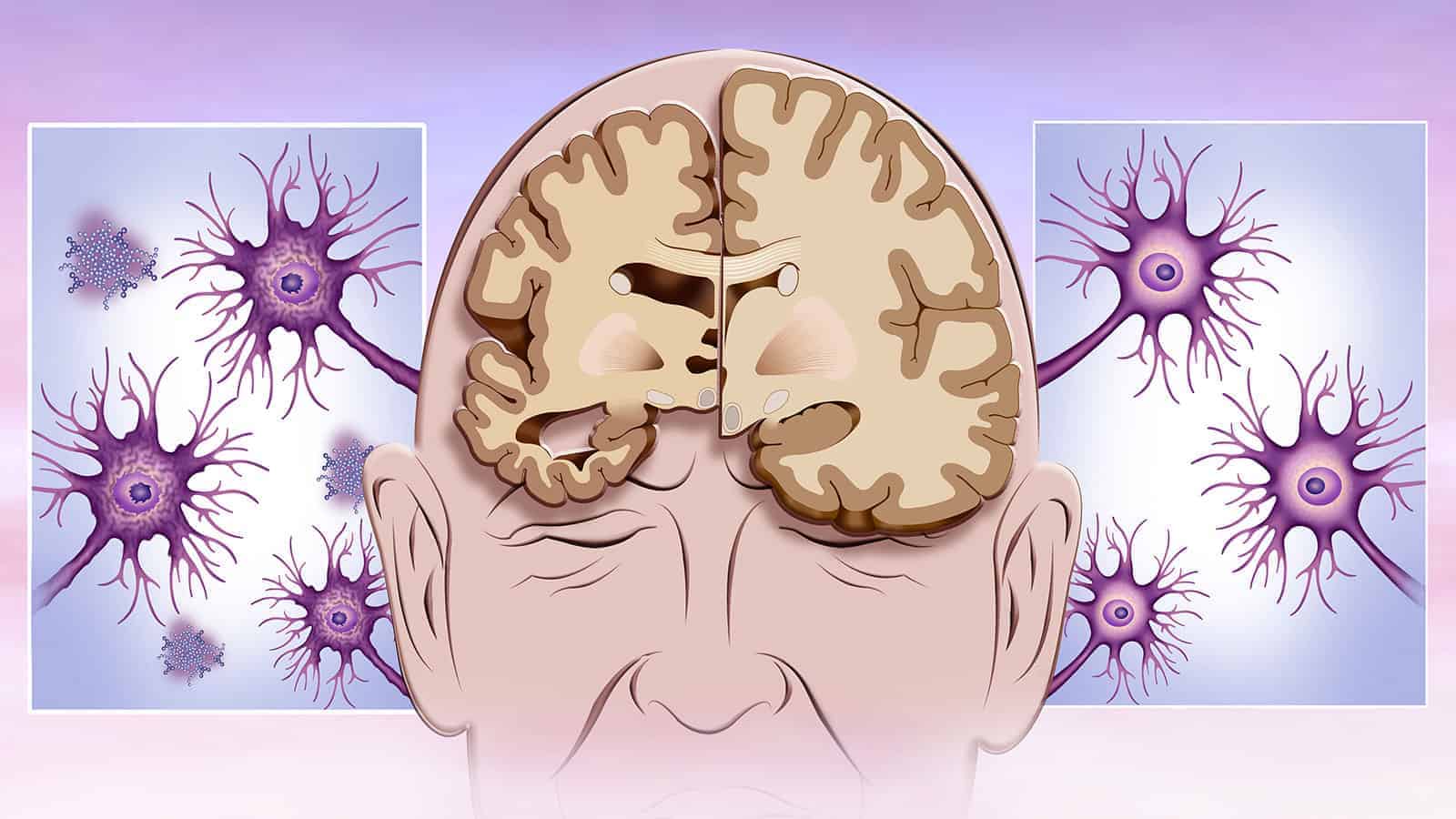The MIND diet is all the rage for those serious about improving their mental and overall body health. If you aren’t a fan of carb restrictive diets like Keto and Atkins, then this may be the eating plan for you. The studies backing this diet are impressive, and it shows that even following this strategy moderately can produce significant effects.
It’s common knowledge that you eat certain foods if you have diabetes. Also, you know the foods to eat if you want to thwart heart disease. However, when it comes to weight loss, you can enjoy a wide variety of foods and still shed pounds. Consequently, the MIND diet takes things in a new direction by eating certain foods that keep your brain sharp.
Is it possible that you can eat foods that will benefit your neurological health? Studies posted on the National Institute of Health show that the MIND diet can improve inflammation in your body, issues with insulin resistance, and can boost the levels of critical vitamins your body and brain need to thrive.
Enhancing Your Cognition with Food
 Dementia and Alzheimer’s disease are horrific conditions that rob a person of their memories. As the disease progresses, they’re unable to care for themselves or even recognize the faces of their loved ones. From the time of onset, a person can live with these mind-altering conditions for more than a decade, according to Dementia Care Central.
Dementia and Alzheimer’s disease are horrific conditions that rob a person of their memories. As the disease progresses, they’re unable to care for themselves or even recognize the faces of their loved ones. From the time of onset, a person can live with these mind-altering conditions for more than a decade, according to Dementia Care Central.
Many people often refer to these brain diseases as “the long goodbye.”
That term stems from the fact that they slowly kill off vital brain cells that control the body and mind. Any family member who ever experienced this sickness through a loved one knows. They found it horrific it is to watch someone slowly lose their mind. Now, science is shifting its attention to prevention by using food.
Is it possible to keep conditions like Alzheimer’s at bay by simply altering the foods you eat? Neurologist Dale E. Bredesen, M.D. wrote a book regarding such a topic. He believes that incorporating certain foods for those at high risk of developing this disease can prevent cognitive decline.
Dr. Bredesen believes that by eating a specific diet, it’s possible to keep your brain sharp and healthy, and his book outlines the process. Your eating style can optimize your brainpower, and it may be the way to end diseases such as dementia. His theories are not unfounded, as the medical community is jumping on the bandwagon with studies to prove the link between nutrition and brain health.
In 2015, a study was conducted by the Rush Alzheimer’s Disease Center. According to the National Institute of Health, researchers found that it’s possible to reverse your cognitive age by over seven years by simply following a specific diet. Consuming good fats, like olive and coconut oil, and eating more vegetables, can improve brain health.
Understanding the MIND Diet
The MIND eating plan is not new, but it’s just getting more attention these days. According to Rush University, Martha Clare Morris, is responsible for the creation of this diet. Along with colleges, they wanted to develop an eating plan that was a hybrid of the Mediterranean and DASH, but it focused more on brain health.
The Mediterranean and DASH diets are both great for lowering cardiovascular disease and improving diabetes, but she wanted something to help neurologically. They began testing in 1997 with people dedicating their eating habits to this plan, and the results were uncanny.
What Does the Acronym MIND Mean?
So, what is the MIND diet, and how can it benefit you? First, you should know that MIND stands for Mediterranean Intervention for Neurodegenerative Delay since it’s comprised of both eating plans. There are 15 different components that people must observe, and the program teaches you about ten other food groups to utilize for brain health and five that you should avoid.
What Someone Eats on the MIND Plan
Good things to eat include fish, berries, nuts, and whole grains. Things to avoid include red meat, cheese, and fast food. If you’re interested in this eating plan, then you will start by having three servings of whole grains each day.
You could have a nice salad with other veggies and then incorporate at least one other vegetable into your daily intake. Wine is recommended but not a requirement of this plan. Other recommendations include consuming poultry at least twice a week and fish once.
The hard part is limiting unhealthy foods. When it comes to butter, you should have no more than one tablespoon a day, and cheese or fried foods can only be one serving in a week. All other fruits are exempt from the list.
Berries are known to improve cognitive function, and they are low in sugar. Blueberries have long been known as a brain-healthy food, according to a study conducted by Brigham and Women’s Hospital and the Harvard Medical School. They examined the brain health of over 121,700 females. They found that just eating blueberries alone could delay cognitive decline by almost three years.

Is MIND A Feasible Eating Plan?
Don’t confuse the MIND diet with strategies that aim to lose weight. Indeed, this eating style is so much more. This plan can improve the aspects of mental decline for people who have a severe risk of developing Alzheimer’s or dementia.
Now, saying a diet can cure a significant mental issue is still out for debate, and numerous studies are being conducted that will show further information. However, it takes time to gather evidence.
The downside to a diet like this is that it’s so restrictive that many cannot follow it. Like Keto or Atkins, many people can last two weeks with the best of intentions, but the MIND diet’s super restrictive requirements are to follow for the long haul. Incorporating some of the aspects of this eating plan can still provide brain improvement.
A person can’t say they will never stop and grab a hamburger at a fast-food establishment again, and can you honestly cut back cheese to one serving per week? What will you put on top of all those salads this plan requires? Still, if sicknesses like Alzheimer’s are a real threat to your genetics, is there any price too great to pay for a few more years of having a clear mind?
Can Food Help with Mental Illness?
Many people want to know if this eating plan can affect mental illness since it positively affects the brain. According to the Mental Health Foundation in the UK, the answer to that common question is yes. A study was conducted in 2014 that incorporated aspects of the Mediterranean-style diet to see how it has improved depression.
The study found that folks who had a diet that consisted of fast food and other junk-style eating were at a higher risk of poor mental health. The individuals who consumed a diet full of fruits and vegetables and whole grains had fewer mental illness issues.
Doctors once believed that poor overall health had ties to socioeconomic circumstances. But now they believe that food choices can be just as much of a dictating factor for mental illness as poverty.
Studies have further identified that the link between obesity and mental health problems cannot be ignored. A person who is obese is more than 55 percent more likely to become depressed. Shockingly enough, an individual that is depressed is almost sixty percent more likely to become obese.
These stunning facts about mental health cannot go unnoticed. Fortunately, this diet could be the key to fixing both mental health and cognitive function. The gut-brain connection is another hot topic in the medical community, and research shows there are too many correlating facts to ignore.
 Final Thoughts on The MIND Diet
Final Thoughts on The MIND Diet
The MIND diet is a radical alteration to your eating habits, and for some, such a drastic change in their eating isn’t feasible. However, there are so many benefits to this plant-based eating plan that cannot be denied. Would it be better to eat a restrictive diet that improved depression, or would you rather use some radical methods? Does western medicine prefer medicine that comes with a plethora of side effects?
Food is fuel for the body. How much better would it be if you grabbed a handful of nuts and berries the next time you feel depressed rather than a chocolate candy bar? The focus has remained on prevention and not healing once a diagnosis is given.
However, the medical science community is on the cusp of something great. They are learning how to use the gut-brain connection, and using food as preventative medicine. As far as Alzheimer’s and dementia, there are few conditions as mind-boggling as these.
While there are methods to slow the progression, there is no cure. If you’ve ever watched a loved one die from these mentally deteriorating illnesses, then you know that changing your eating habits is a small request to keep these conditions at bay. Of course, this is a discussion to have with your physician…but now you know you should ask!
The post Doctors Explain How the MIND Diet Can Improve Brain Health appeared first on Power of Positivity: Positive Thinking & Attitude.






